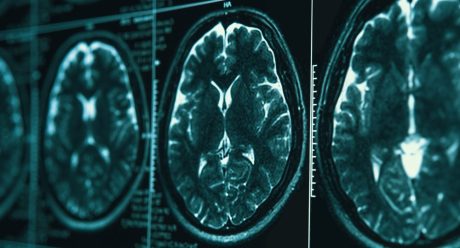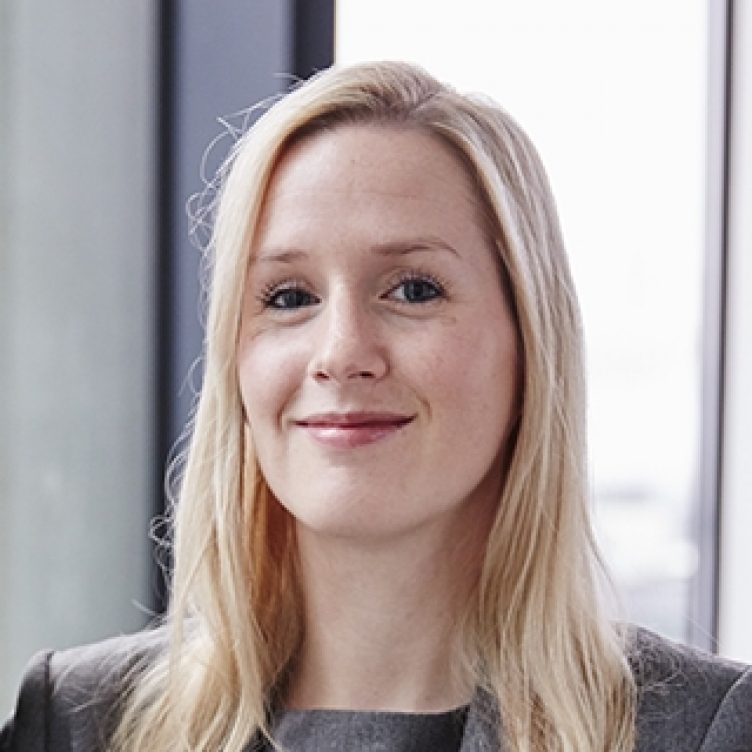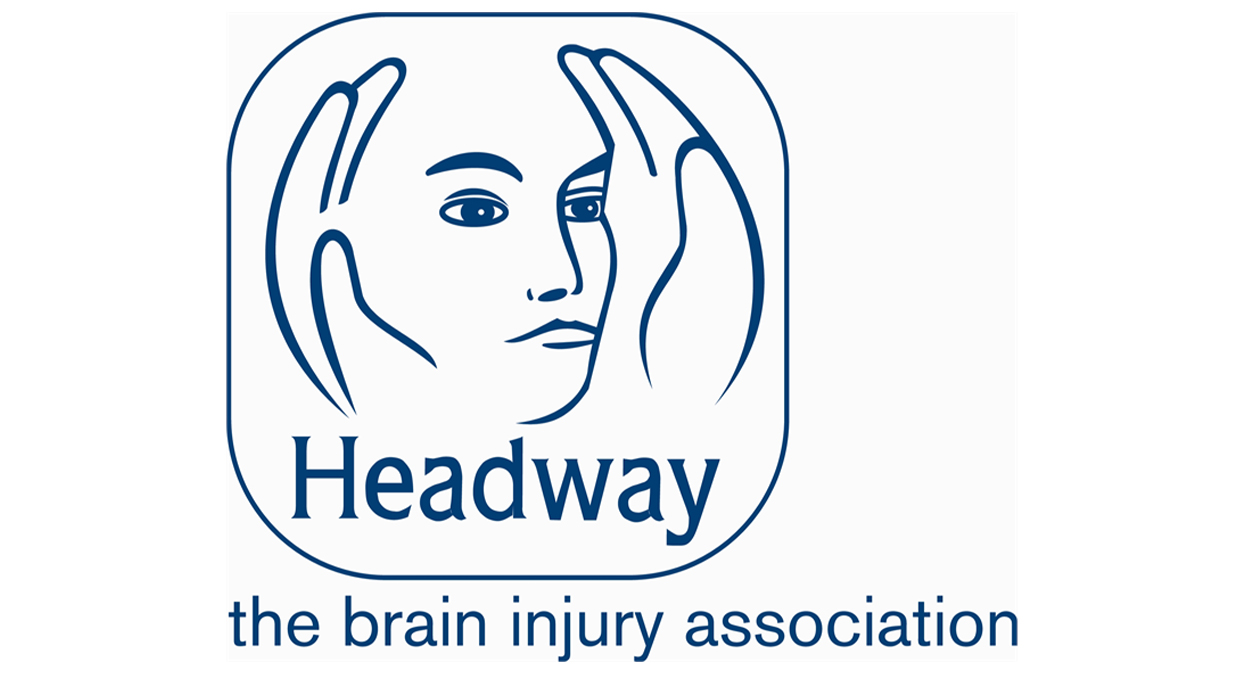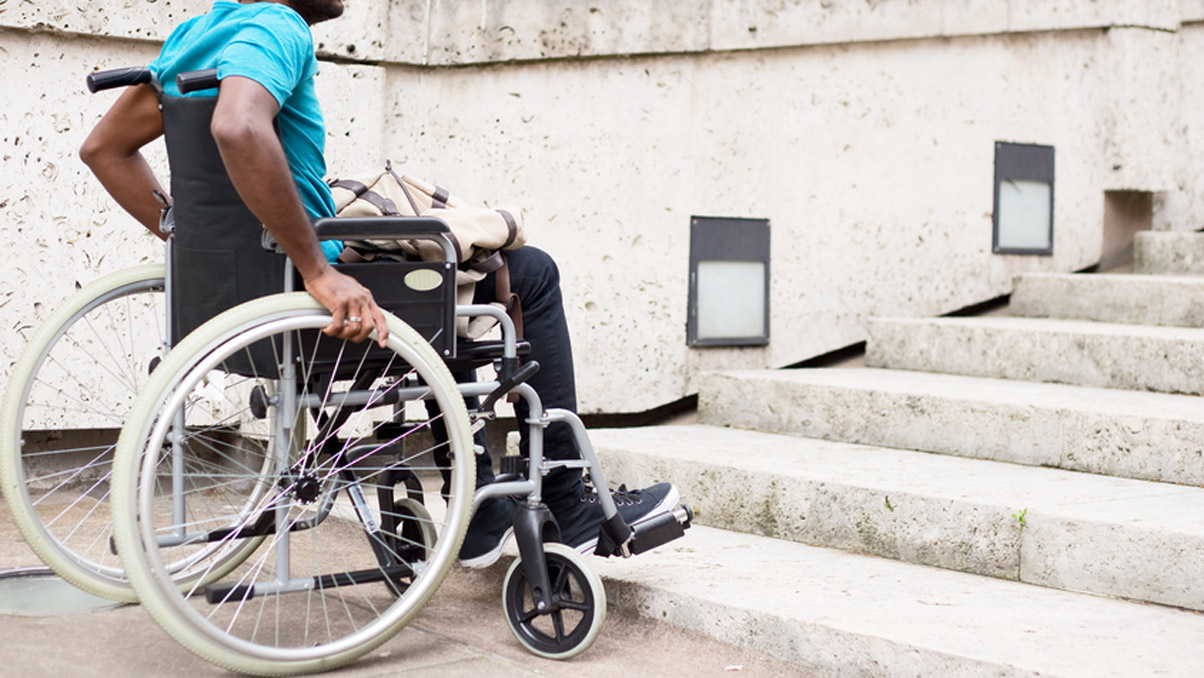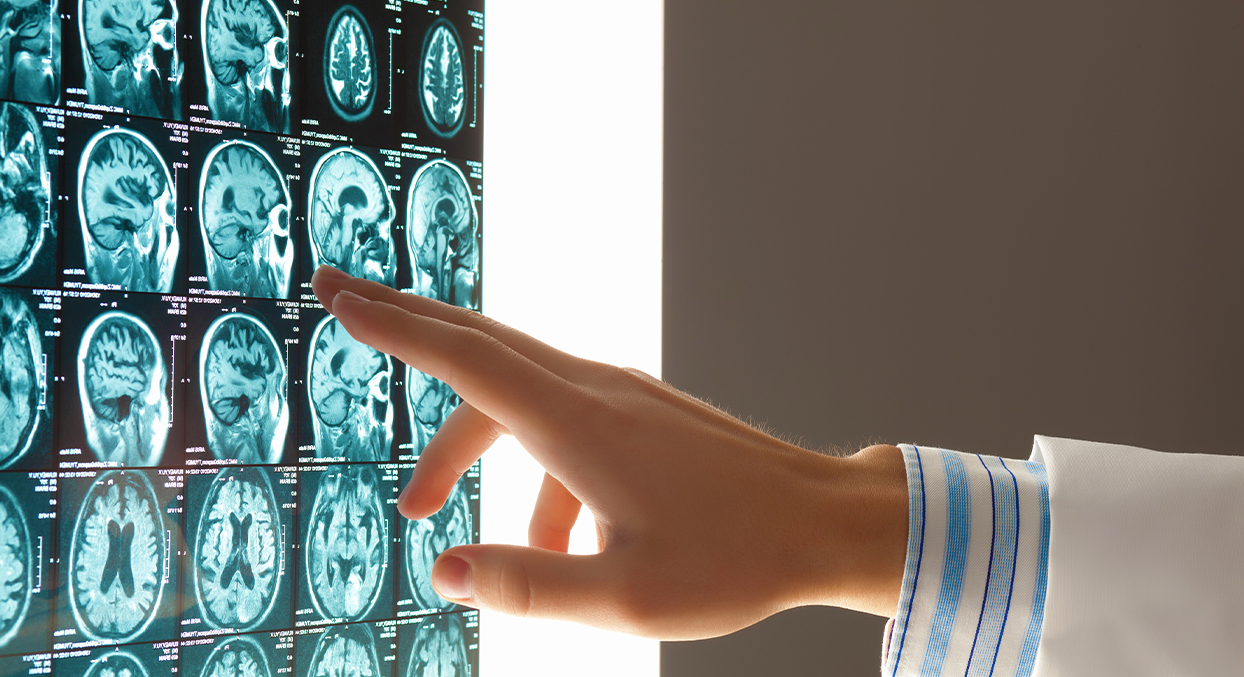For many people, living with a brain injury means having to adjust every aspect of their lives. Brain injury charity Headway acknowledges that many patients report feeling like a different person after their injury, and that some effects may be lifelong and require adjustments or equipment to cope.
Headway marks Action for Brain Injury Week (ABI Week) as “an annual platform on which we raise awareness of brain injury.” This year’s ABI Week takes place 20-26 May 2024, with the theme of “a life rewritten”.
In the first of a two-part article series to mark ABI Week 2024, we share stories of three of our clients who have sustained a brain injury, explaining how it has rewritten their lives. DW, AB and Aodhan’s stories show their incredible resilience in the face of adversity, and how invaluable the help provided by experts can be to brain injury patients.
DW’s story
Seven years ago, I was involved in a road traffic accident. I had just arrived in the UK and I was extremely excited about starting my master’s degree in corporate and commercial law. I had so many plans and dreams for the future. I wanted to make a difference, to change things in my own country and also to work in academia. I wanted to finish the master’s and go on to do a PhD, but little did I know that none of that was going to happen.
I was crossing the road at a pedestrian crossing when a car took a wrong turn, knocked me off my feet and then sped off. I was lucky to be attended to by the air ambulance and it was their speedy intervention that saved my life. The accident not only stopped my dreams, but also affected my entire family’s life. The first thing the doctors told my mother was “your son was in a life changing accident”. She didn’t know what that really meant at the time but she soon learned the hard way. My parents immediately left home and got on a plane to London. I was in a coma, then a vegetative state. The doctors told my parents that I might never wake up.
During the first month I was taken to surgery six times. Approximately one third of my skull was removed so I had to have a cranioplasty four months after the accident. My family all relocated to the UK to support me; I don’t know what I would have done if I didn’t have them at my side. Their unconditional love and support is part of the miracle that kept me alive. They motivate me to stay focused on my progress and not dwell on the past. My family also managed to find a team to help me get back on track and that was fundamental in every way.
Seven years have passed and I am still fighting a battle I did not want, but I couldn’t give up on myself. I couldn’t end my future simply because of one person’s poor decision. When the driver didn’t pay attention to the road, he was changing the path I was going to walk in life, but it was my choice to recover as well as I could. I need round the clock care, but I try to do as much therapy as I can. I have become a wheelchair user: I can’t walk independently as I have several problems in my hips and legs, and can also quickly lose my balance and fall.
My dreams and ambitions have changed but I always try to stay positive and never say never. So instead of saying I will never be able to fulfil those dreams, I simply keep trying. I don’t know how far I will recover, nor do I know if I will ever be able to finish a master’s degree, but I will keep trying to live a happy life and accomplish as much as I can until I take my last breath.
I have already achieved some goals that others thought I would never be able to do, including taking some courses at college, flying in a small plane sitting next to the pilot and going on some amazing holidays, I have tried playing golf, taken boat trips and been to concerts and musicals. Simple things have become very challenging, but when I do achieve them I feel I’m on top of the world!
AB’s story
AB was 30 years old when he was diagnosed with a bicuspid aortic valve (BAV). A bicuspid aortic valve is an aortic valve that contains only two cusps (or flaps) instead of three. The aortic valve controls the flow of blood from the left chamber of the heart to the aorta, the main artery delivering blood to your body. A BAV is a condition you are born with and has no known cause. Approximately two per cent of the population has a BAV, making it the most common congenital heart condition.
AB was a keen sportsman. He competed in boxing and tennis and was also a keen swimmer and runner. Despite being at the peak of his fitness, he started to suffer from chest pains and shortness of breath. He underwent investigations and was diagnosed with a BAV. He was told his valve was leaking, and he would require surgery to replace it. AB underwent surgery in late 2013. He recovered quickly and was discharged within a few days. He remained fit and healthy for the next three years. He became engaged to his girlfriend, and they planned to purchase and renovate a property together. AB also started working at a winery to gain the knowledge and experience to set up his own wine business. Life was as he had always hoped. He lived with the knowledge that good health could not be taken for granted and AB and his fiancé enjoyed travelling and making future plans together.
In early 2016, AB started having flu-like symptoms after returning from travelling in Asia and Australia. He also developed pain and decolouration in his foot. After numerous trips to his local hospital and being told he had sprained his ankle, he was finally diagnosed with endocarditis, a rare and potentially fatal infection of the inner lining of the heart. An abscess had also formed at the aortic root, and his new heart valve had been damaged. He required prolonged antibiotics and surgery to replace his aortic heart valve. The surgery was complicated, and although successful, it wasn’t long before the replaced heart valve started to leak.
Further investigations confirmed that he would require another operation to replace his heart valve again, the third heart operation in four years. He was due to get married, and the wedding was postponed so that he could undergo the surgery and have time to recover. In the third operation, the unimaginable happened: he suffered a stroke.
When AB woke up, he couldn’t see. He was confused and scared. He underwent a CT scan, which confirmed he had suffered a posterior cerebral artery stroke. As well as the visual loss, AB was disoriented and agitated, frequently waking and forgetting he had lost his vision. The damage to his brain had also affected his short-term memory and cognition. Speaking was more effortful, and he suffered from mental fatigue. He underwent rehabilitation at the National Hospital for Neurology and Neurosurgery and his vision slightly improved, although it remained severely impaired.
After discharge, he moved in with his fiancé’s parents, who helped look after him. He instructed Nadia Krueger-Young at Stewarts to pursue a clinical negligence claim for the delay in diagnosis of his endocarditis. He needed answers and accountability. Meanwhile, AB’s life changed dramatically. His relationship broke down, and his wedding was called off. He moved back in with his parents. His mother died shortly afterwards, and his dad became his carer.
AB had started his wine business, which he continued to run. The business was like an anchor for him, grounding him in a life that was so irrevocably changed. Gradually, AB developed his confidence and independence and started to get back to the things he once loved. He started running again and swimming in the sea. He also moved into his own accommodation, learning to live as independently as possible.
AB’s liability claim is now settled and he is looking to the future. He has someone to help in his business, and is pleased he no longer has to rely on his father to the extent he did. AB’s future plans include moving to a property which can better suit his needs with technical aids to improve his quality of life further. He is determined to live his life to the fullest extent possible, and with the right support, there’s no doubt he’ll do exactly that.
Aodhan’s story
Aodhan was 20 years old at the time of his injury. Raised overseas, he was an athletic, sociable, determined, ambitious theatre student in Birmingham. His loving family including a younger brother (17) and sister (18) along with his mum and dad. He was funny and talented.
On a Thursday afternoon, Aodhan was hit by a car at a pedestrian crossing and sustained a severe traumatic brain injury. He was in a coma for eight weeks. We were told by doctors that the best we could hope for was Aodhan might recognise us from his bed in the long-term care facility where he would probably remain. We were utterly broken. We could only visit him weekly as this was during the Covid-19 pandemic and visiting was severely restricted.
Waking up around his 21st birthday, Aodhan’s progress from that point on was remarkable. He relearned to walk, talk, move his arms, cook and regain independence.
We engaged Scott Rigby from Stewarts through a family member’s recommendation, just weeks after the accident. Scott has been fantastic in taking us through the civil case and providing the support for Aodhan through his MDT, and for us as a family. After hospital, Aodhan was given access to the very best multidisciplinary team (MDT) of a case manager, neuropsychologist, physiotherapist, speech and language therapist, occupational therapist, study skills tutor and rehabilitation assistant… we could not have asked for a better team.
Today Aodhan lives independently in Birmingham while he finishes his degree in theatre, surrounded by his amazing friends. He goes to the gym regularly, swims, is relearning to run, has a good social life and even travels independently.
Many things remain difficult for Aodhan now. His memory might not support learning lines in theatre, his speech is slightly affected and his mobility is disconnected and unsteady. He is working relentlessly on all these issues.
It has been just over two years since Aodhan was hit by the car. Now 23, he has a loving family and is funny, talented and open-minded about the future. We are grateful that he has a life that was worth re-writing.
You can find further information regarding our expertise, experience and team on our Personal Injury, Clinical Negligence and International Injury pages.
If you require assistance from our team, please contact us.
Subscribe – In order to receive our news straight to your inbox, subscribe here. Our newsletters are sent no more than once a month.

